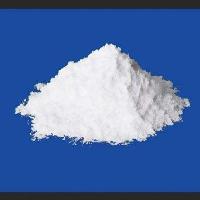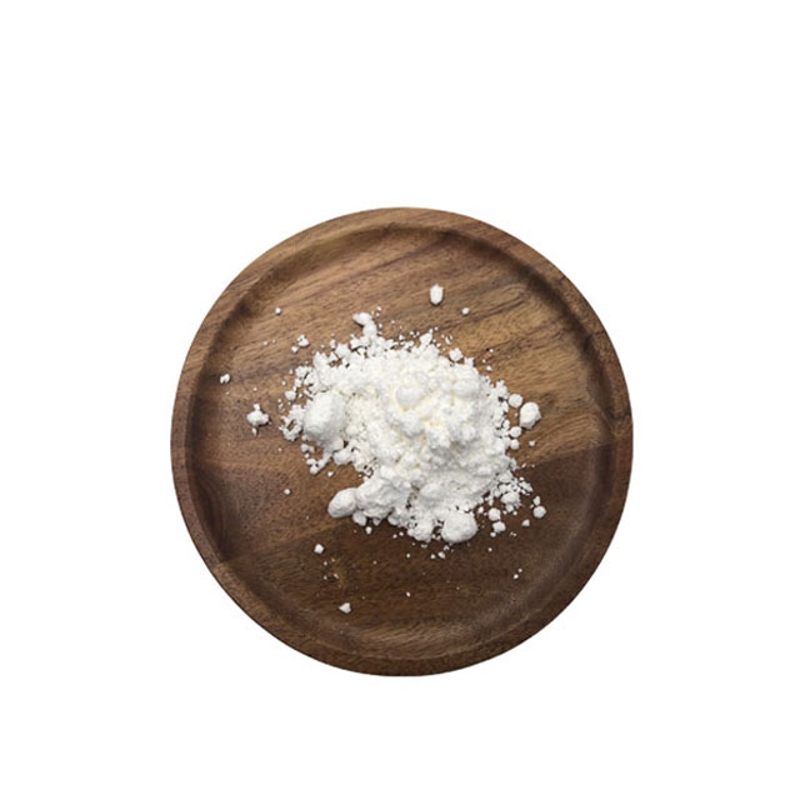-
Categories
-
Pharmaceutical Intermediates
-
Active Pharmaceutical Ingredients
-
Food Additives
- Industrial Coatings
- Agrochemicals
- Dyes and Pigments
- Surfactant
- Flavors and Fragrances
- Chemical Reagents
- Catalyst and Auxiliary
- Natural Products
- Inorganic Chemistry
-
Organic Chemistry
-
Biochemical Engineering
- Analytical Chemistry
-
Cosmetic Ingredient
- Water Treatment Chemical
-
Pharmaceutical Intermediates
Promotion
ECHEMI Mall
Wholesale
Weekly Price
Exhibition
News
-
Trade Service
Sunitinib malate is an oral medication used to treat various types of cancer, including renal cell carcinoma, gastrointestinal stromal tumors, and pancreatic neuroendocrine tumors.
As a chemotherapy drug, it is important to ensure its safety for both patients and those working in the chemical industry.
Safety in Production:
The production of sunitinib malate requires strict safety measures to prevent accidental exposure or contamination.
Chemical workers handling the raw materials, intermediates, and finished products must follow proper safety protocols to minimize risks.
These protocols include wearing appropriate personal protective equipment (PPE), such as gloves, safety glasses, and lab coats.
Additionally, workers must follow proper handling and storage procedures for the chemicals, including proper disposal of waste materials.
Research studies have shown that sunitinib malate is a potential occupational carcinogen.
Long-term exposure to the drug may increase the risk of developing cancer, particularly in workers handling the drug without proper protection.
Therefore, it is crucial to provide workers with adequate training and to enforce stringent safety regulations to minimize exposure to the drug.
Safety in Administration:
Patients taking sunitinib malate must also follow proper safety protocols to minimize side effects and ensure the safe use of the drug.
The medication should be taken orally, as directed by a healthcare provider, and patients should avoid stopping or changing the dosage without consulting their doctor first.
Patients should also inform their doctor of any other medications they are taking, as these may interact with sunitinib malate and increase the risk of side effects.
Patients taking the drug may experience side effects such as diarrhea, skin rash, and fatigue.
These side effects can be managed with proper care, but patients should report any severe side effects to their healthcare provider immediately.
Women taking sunitinib malate should also inform their doctor if they are pregnant or breastfeeding, as the drug may have harmful effects on the developing fetus or nursing baby.
Safety in Storage and Transport:
Storage and transport of sunitinib malate also require strict safety protocols to prevent accidents or exposure.
The drug should be stored in a cool, dry place, away from direct sunlight and heat sources.
Transportation of the drug should also follow proper guidelines, including proper packaging and labeling, and compliance with applicable regulations and guidelines.
Safety in Disposal:
The disposal of sunitinib malate and its waste products should also be carried out with caution to minimize environmental and health risks.
Chemical workers should follow proper disposal procedures, including mixing the waste with an appropriate absorbent material and then disposing of it in a designated hazardous waste container.
Healthcare providers and patients should also dispose of any unused or expired medication according to local regulations and guidelines.
Conclusion:
Sunitinib malate is an important chemotherapy drug used to treat various types of cancer, but its production, administration, storage, transport, and disposal require strict safety measures to prevent accidents, exposure, and risks to health and the environment.
Chemical workers, healthcare providers, and patients must follow proper safety protocols and guidelines to ensure the safe use of the drug and minimize its potential side effects.
Regular monitoring and evaluation of safety measures and protocols are necessary to ensure the ongoing safety of sunitinib malate and its associated processes.







